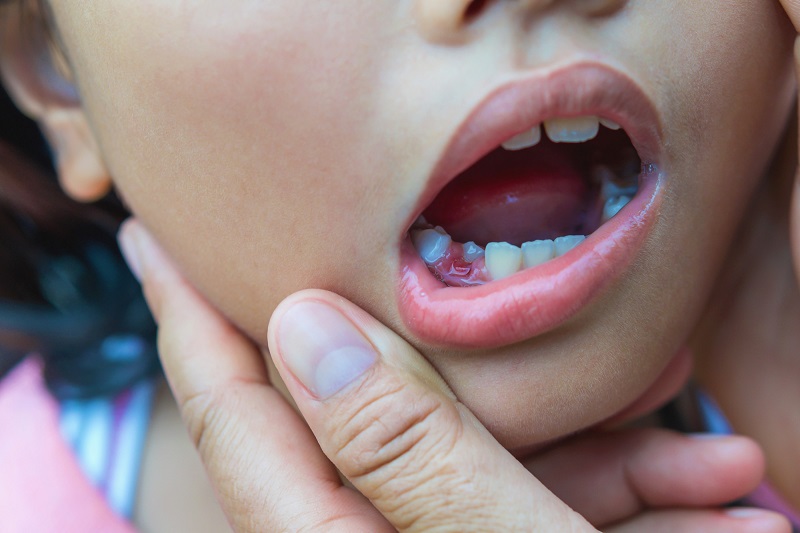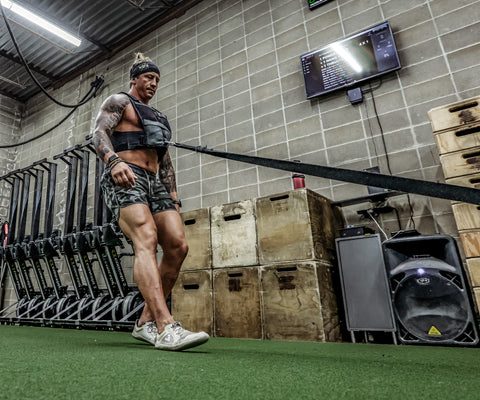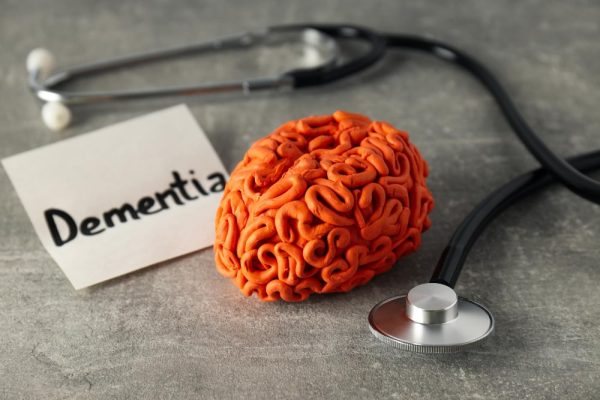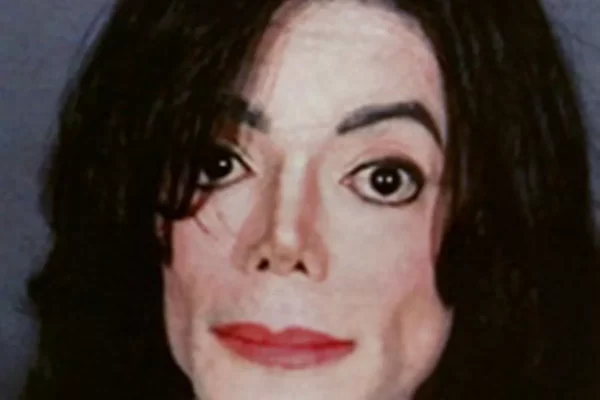Children have a set of baby teeth (known as primary teeth) when they’re 3 years old and lose them by the time they’re 6.
This is a momentous occasion for little ones as they receive more visits from the tooth fairy and welcome their adult teeth. Perhaps your child is in this process but you’ve noticed their baby teeth aren’t wobbling as they should.
But don’t fret, we’re here to help. Here are 3 reasons why baby teeth don’t fall out.
Table of Contents
Are Baby Teeth Important?
Before diving into the reasons for not losing baby teeth, it’s important to understand the role your child’s first set of teeth plays.
Baby teeth offer a healthy foundation for permanent teeth when they eventually come through. Because of this, prioritizing baby teeth dental care is crucial so your little one experiences no hiccups throughout the process.
Children start with 20 baby teeth and later on, 32 permanent teeth including the wisdom teeth.
What to Expect in the Falling Out Process
Children first lose their two center bottom teeth followed by the two top, central incisors. Next, your little one will lose the lateral incisors and first molars. And lastly, the canine teeth and second molars are the last to go.
3 Reasons Baby Teeth Don’t Fall Out
Are your child’s baby teeth not loose? If so, it’s important to figure out why. There are 3 main reasons which include:
1. Crowding
A common reason why your little one’s teeth don’t grow out is because of dental crowding. Often hereditary, this happens when there isn’t enough space for the permanent teeth to fit in the mouth.
Baby teeth are responsible for shaping a child’s mouth so if they fall out late, the child’s jaw may not expand to make room for the permanent teeth. Eventually, as crowding occurs it becomes impossible for adult teeth to grow straight or at all.
2. Weak Roots
Your child’s first set of teeth fall out because the permanent teeth push against a baby tooth’s roots until they dissolve. When enough of the tooth has disappeared, the tooth wobbles and eventually falls out. But if the permanent teeth push against the front or behind the baby tooth, it could miss the roots and won’t start the dissolving process.
3. Slow Development of Permanent Teeth
Another reason could be because the permanent tooth coming in behind the baby tooth is developing too slow.
As a result, they aren’t strong enough to push the baby teeth out. Because of this, nothing can push against the baby’s teeth so they fall out.
How to Help
If you notice permanent teeth coming in, check whether the baby tooth is loose. Yes? Then ask your little one to wiggle it over the next several days to see if it will fall out naturally. If there are no improvements then schedule an appointment with your child’s dentist.
You should also do this if the baby tooth doesn’t budge because your child will need an x-ray.
Problems Caused by Losing Baby Teeth Too Late
When baby teeth don’t fall out, problems arise. Luckily, they are easily fixed but it’s important to take action to ensure your little one’s mouth is developing properly.
For instance:
Shark Teeth
One major issue is when an adult’s tooth erupts behind a baby one as it’ll form a double row of teeth called shark teeth. This usually affects the lower incisors but it could also impact the upper incisors or primary molars.
Shark teeth often occur during the first stage when your child is 6 years old. It may also happen once the back molars appear when your little one is 11. Normally, baby teeth fall within two weeks because of the pressure but if they don’t, a dentist will have to extract the tooth. Note although shark teeth look worrying, they’re common and don’t cause irreversible damage.
But don’t expect shark teeth to mend themselves, if they’re left unattended then the teeth move out of position and cause orthodontic problems later on.
Crooked Teeth
You may wonder “can not pulling baby teeth cause crooked teeth?” The answer is yes, when there isn’t an adult tooth to take the first set’s place, it will alter the alignment and become crooked.
If you notice this, contact a pediatric dentist and they can remove the baby’s teeth.
Affects the Child’s Mental Health
A major part of childhood is awaiting the arrival of adult teeth and the tooth fairy. If they’re the only ones among their friends left with baby teeth then they could feel stressed and inferior to their peers. Parents need to explain that growth is different between children and although their adult teeth will arrive later, they’ll be stronger.
As a general rule, parents should worry when there are too many adult teeth crowding one area, no permanent teeth are behind the baby set, or extra teeth are affecting the adult tooth’s natural eruption.
Oral Care Tips for Kids
Regardless of how quickly your child’s adult is growing, it’s important to encourage good oral health so there are no issues.
For instance, teach your child the right technique to brush their teeth and make sure they floss daily to remove food debris. This is crucial when your child has permanent teeth.
That’s Why Baby Teeth Don’t Fall Out
Now you know why baby teeth don’t fall out.
This happens when adult teeth aren’t properly developed, they can’t dissolve the baby tooth’s roots, or there’s overcrowding. It’s important to regularly check your child’s teeth and ask them to wiggle them to speed up the process. If there’s no improvement, contact a pediatric dentist so they can decide the next step.
Good luck!
Did you find this article helpful? If so, check out our posts on everything from business to technology.











